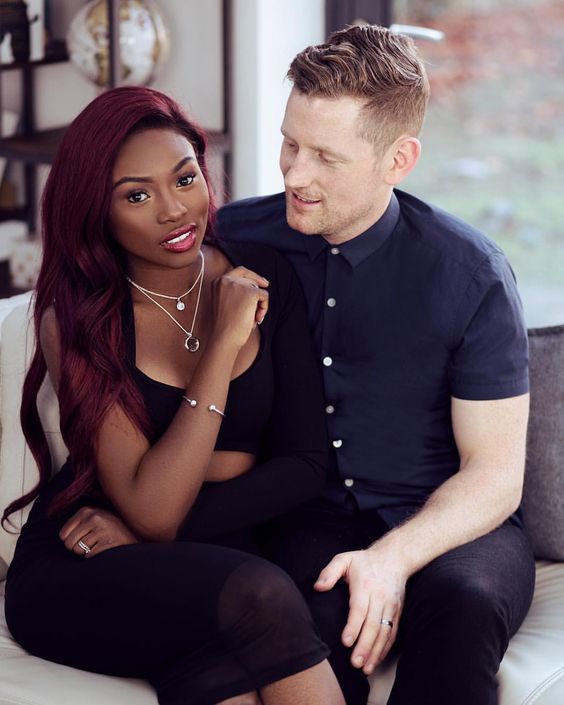
Migos statement about not dating black women - you were
What you're really saying when you call something 'bougie'
Bougie. Maybe you’ve been called it for exclusively shopping at Whole Foods or drinking absurd amounts of rosé. Maybe you’ve hurled it as an insult at a friend who can’t shut up about her new Anastasia Beverly Hills highlighter. Maybe you’ve been listening to rap group Migos’ chart-topper Bad and Boujee on repeat.
But what does the term actually mean, and where did it come from in the first place?
The 'bougie' backstory
Well, even though it might seem so 2017, the term bougie actually has a 100-year history (and multiple spellings) dating back to revolutionary France, before stemming off into variations of the slang word we know and love today.
So bougie, boujee, bourgie all stem from bourgeoisie, a French word that simply means "of middle class status."
In fact, Karl Marx, author of the Communist Manifesto, used two types of economic status to illustrate class struggle (and advocate for communism over capitalism): the bourgeoisie and the proletariat.
In Marxist philosophy the bourgeoisie were the owners and producers in industrialization and factory life. They typically valued property, profit and maintaining their societal status. (The proletariat was the working class. Prole is slang for "low status," but it's not used all that much these days.)
But over time, the adjective form, bourgeois, came to be a more generic description of middle/upper-middle-class materialism.
Bougie today
The most recent iteration of bourgeois is "bougie" or "boujee," used to describe high-end tastes like driving your Prius to get avocado toast after SoulCycle.
It’s an equal-opportunity jab at anyone from hipsters and the coastal elite to the suburban or basic. The "boujee" variation (used by Migos in Bad and Boujee) commonly refers to middle-class or upwardly mobile black people.
Urban Dictionary’s top entry for bougie defines it thus:
“Aspiring to be a higher class than one is. Derived from bourgeois - meaning middle/upper class, traditionally despised by communists.”
So in modern-day English, someone who is bougie is creating an air of wealth or upper class status — whether it's true or not.
Take for example the following listicles: one from Thought Catalog called “Things Bougie People Like” and one from Very Smart Brothas “40 Signs You Just Might Be a Bougie Black Person.”
Their examples include designer coffee, brunching, rosé, organic and free range food, electric cars, using “a selfie you took on top of a mountain as your Facebook profile picture,” and “milk products that come from basically anyplace but cows.”
Pop culture and appropriation
The widespread use of bougie these days has sparked a debate about appropriation. But it's complicated, as are its connotations.
Genius calls Migos’ Bad and Boujee “a trap anthem about making money and spending time with women who have expensive taste. 'Boujee' is an intentional misspelling of 'bougie,' which is slang for bourgeois, and refers to the materialism of society’s middle class.”
Ke$ha used the word similarly in her 2010 song Sleazy with these lines: “I don't need you or your brand-new Benz / Or your bougie friends / And I don't need love, lookin like diamonds / Lookin like diamonds.”
But not everyone agrees that these two versions even mean the same thing.
So the word bougie means different things depending on the cultural and societal context — but the underlying similarities all point to an upper-crust kind of attitude. The more you know!
Sophia Tulp is an Ithaca College student and a USA TODAY College intern.
This story originally appeared on the USA TODAY College blog, a news source produced for college students by student journalists. The blog closed in September of 2017.


-
-
-